COVID-19 fundamentally changed people’s way of living, with one of the biggest changes being the shift from working in an office to working from home. But that shift left many deserted or underused office buildings in desperate need of a new use.
Developers are finding an important new use for these buildings while addressing a growing need in the city: housing. Adams Morgan’s Universal building is about to join that trend.

The Universal building is located at 1875 Connecticut Ave., NW, across from the Hilton Hotel where Ronald Reagan was shot in 1981. When it was used as an office space, a variety of professions occupied the building, according to Adams Morgan ANC Commissioner Howard Bauleke.
“The Universal building, for a long time, has been a headquarters for nonprofits and journalists and small policy shops and things like that,” Bauleke said. “At one time, it held a bunch of people with one of the federal housing agencies.”
However, the now empty office building, originally owned by JBG SMITH, was sold to Post Brothers, a Philadelphia based real estate firm specializing in residential conversions.
Post Brothers is entering the D.C. real estate market for the first time with this $200 million acquisition.
Turning office space into residential
Office building plans are functionally different from residential floor plans, so many different steps have to be taken to shift an office into an apartment.
“Office buildings usually have a core right in the middle with all your elevators and stairs, and a lot of empty space all around it, which is not the best way to design an apartment building,” John Edwards, a principal with Bonstra Haresign Architects, said.

Edwards said that the fundamental differences between an office and residential building make it challenging to design apartments with light and air.
“You end up having bedrooms that don’t have any windows, which is against the code for the most part.”
When developers convert these buildings, they generally want to keep as much of the original infrastructure as possible.
“You want to keep the stairs and the elevators, so you don’t have to put new ones in,” Edwards said.
Another challenge developers face is figuring out how to fit as many apartment units as possible in a building with a limited amount of space.
“Sometimes you end up having to even carve out part of the building in order to get a perimeter where you can actually get a unit with windows,” Edwards said. “Because if we didn’t carve this space out here, you’d end up with really deep units that are too long and narrow to be marketable.”
However, a large advantage of an office to residential conversion is how sustainable it is.
“The most sustainable building you can build is the one that you don’t build,” Edwards said. “So, if you’re able to reuse an existing building, you’ll have all of that embodied carbon in the structure of a building that isn’t being destroyed and rebuilt.”
Many office buildings in the downtown business district are being redeveloped because developers must find a new use for them.
“Converting them kills two birds with one stone – you get more housing, which the city needs, but you also have an income producing use for the building again,” Edwards added.
D.C. needs more housing
The Universal building will have 512 new units when the redevelopment is complete, according to Bauleke. He added that the units will be targeted towards middle class to upper middle class families.
“We’ve got a real problem with the availability of affordable housing for the middle class and people who work for a living,” Bauleke said. “And so, anything you do that increases the total number of units in an area helps the overall picture.”

Under D.C. law, between eight-to-10% of residential units created must be targeted towards affordable housing under the Inclusionary Zoning requirements, according to Bauleke.
“That’s one of the things D.C. has done for a while to try to encourage the development of more affordable housing stock in the District,” he added. “So, this all fits into the larger picture.”
Edwards said there are many different components an “affordable unit” must meet. For example, units with buried indoor bedrooms can’t be considered an affordable unit and at least one unit in the building has to be an affordable two-bedroom unit.
“So, it goes into the city’s thinking that the affordable units are intended to be available to families with lower incomes,” he said.
Affordable housing is an increasingly important issue for D.C. residents, such as Summer Boucher-Robinson, who’s lived in Adams Morgan for seven years.
She lives in a big group house with four other people, each of them paying just over $1,000.
“It feels like it’s pretty impossible to have your own space here in D.C. without a million roommates or without having a significant other or any of that,” Boucher-Robinson said.
The Adams Morgan resident said the neighborhood could really benefit from more diverse and varied housing options.
“Just different options instead of just buying your own home or having your own single family home,” she said. “I think big apartment buildings, communal housing is the way to go.”
Aralis Rodriguez lives in Dupont Circle but works in Adams Morgan and said making eight-to -10% of the residential units affordable is great for the neighborhood.
“That would be very attractive,” Rodriguez said. “This is a very good area. It’s a secure area.”
She added that the affordable units would be especially attractive for young people.
From Universal building to apartment complex
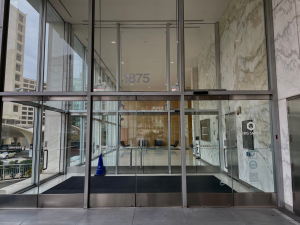
Bauleke recently did a walking tour of the Universal building with the developers and said the ANC planning, zoning and transportation committee will meet later this month to hear about the project.
“I expect that these folks will come and make a presentation similar to what they showed me: ‘Here’s what we want to do. And here’s where we need your support on these little zoning issues,’” Bauleke said.
According to Edwards, the timeline for redeveloping a building from office to residential really depends on how much change is being made.
“It could be as quick as a normal new building project,” he said. “Maybe six months, seven, eight months to design it, and then maybe a year, a little over a year, to actually do the construction to make that.”
Edwards said getting approvals from the city is where a majority of the time goes.
“A lot of these buildings downtown, there’s various reasons why you can’t do certain things because of the zoning, because it’s originally zoned as a commercial building,” he added. “So, the developers go back to the city to ask for waivers or special exceptions or variances for the zoning.”
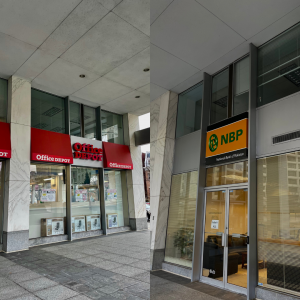
Currently, the Universal building still has some retail stores on the ground floor, such as an Office Depot and the National Bank of Pakistan.
Bauleke said he’s unsure if these businesses will stay once the building gets redeveloped, but they will at least have to move out during the construction process.
“They’re hoping to get the remaining tenants out of there by August and proceed fairly quickly,” Bauleke said.

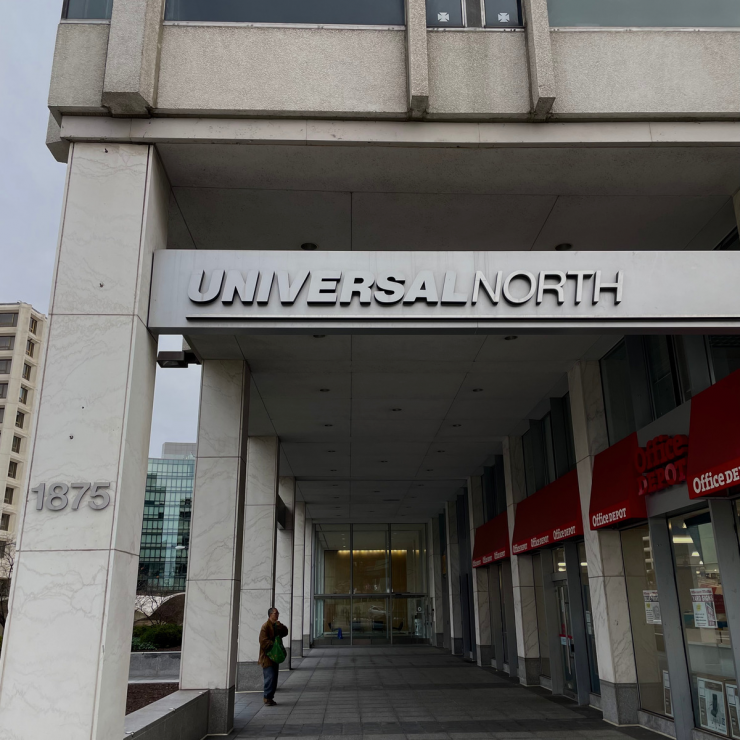
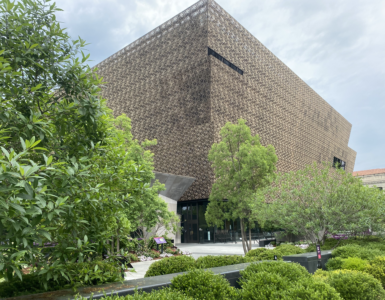
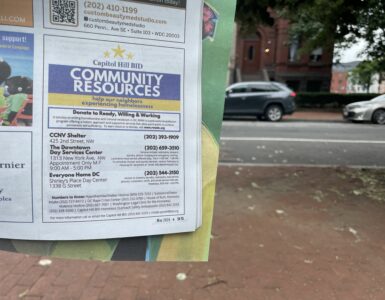
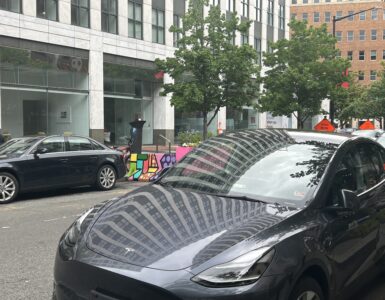










Add comment